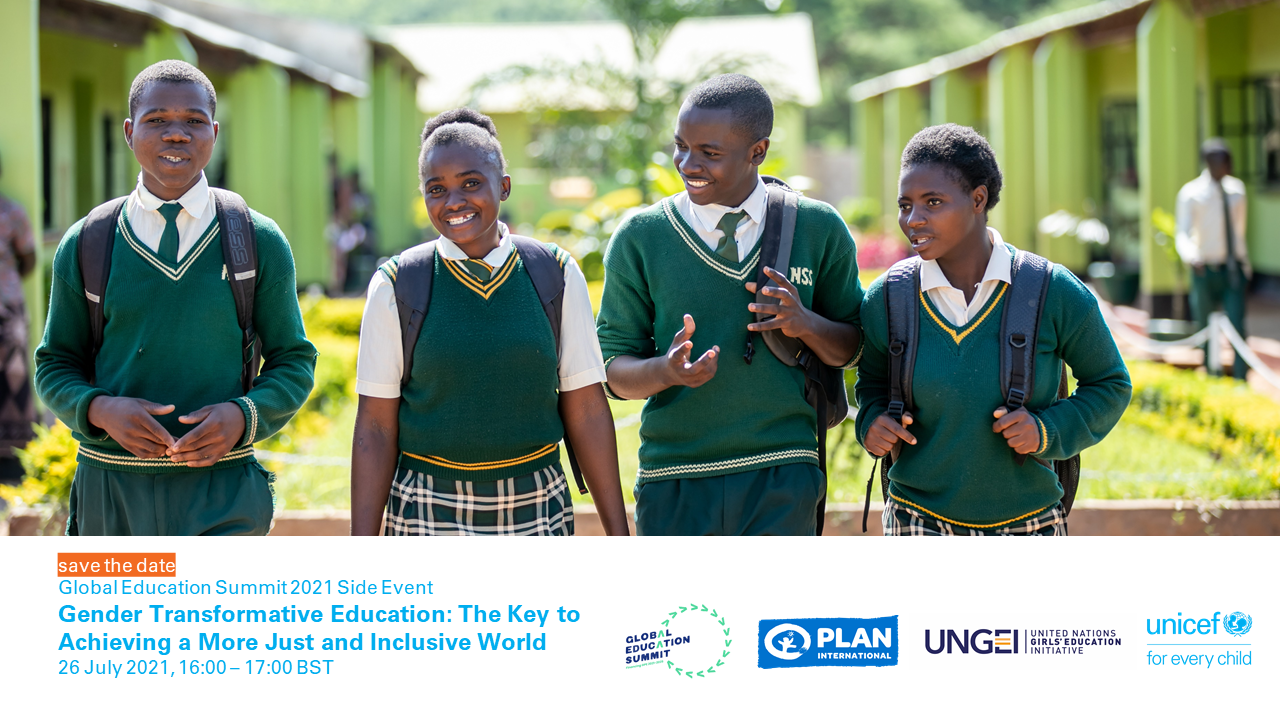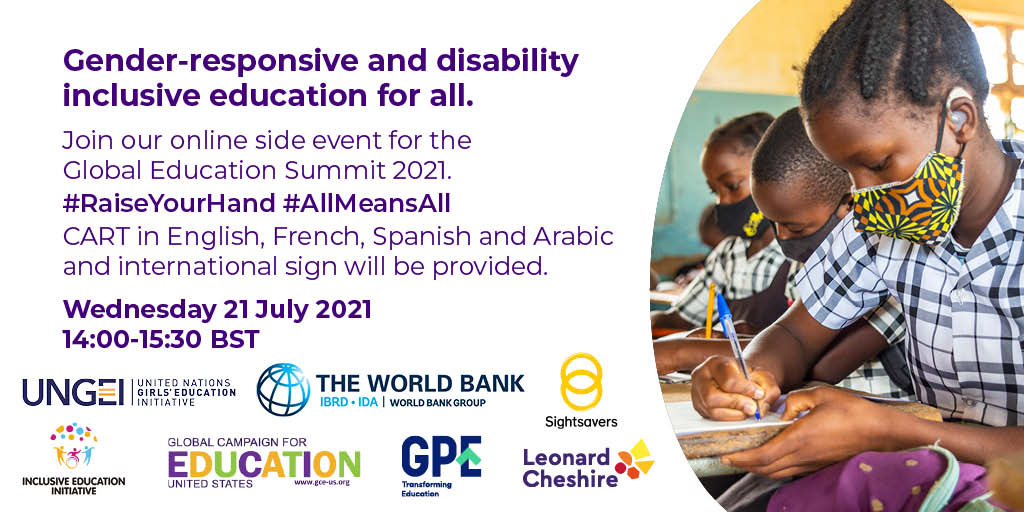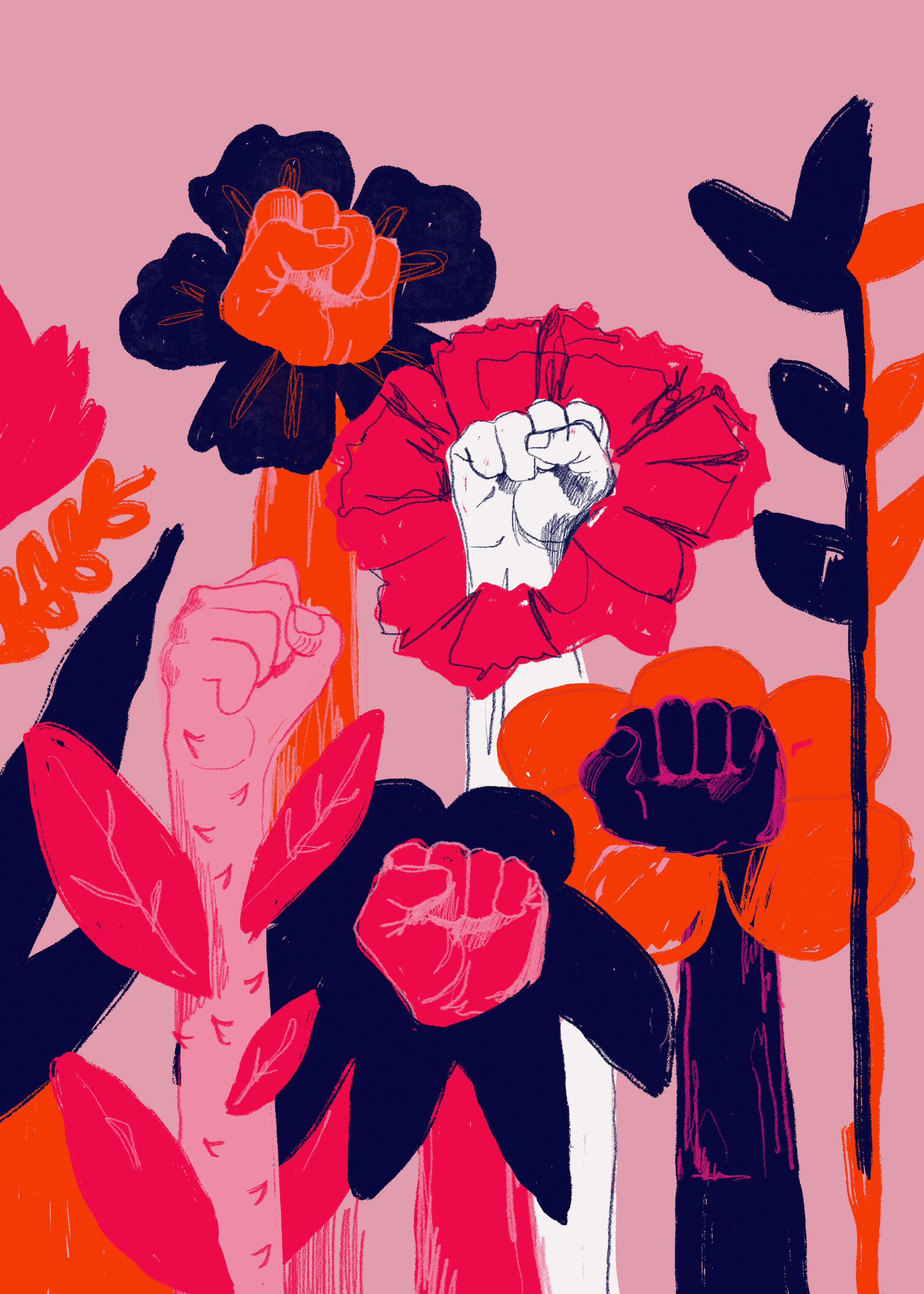Just as access to a safe learning environment free of violence and discrimination is a right of all children, shouldn’t access to menstrual hygiene products also be a fundamental right? Menstruation is a natural part of every girl’s life, yet without the proper support, it can be a burden which makes getting through every month a challenge. It is not only the lack of access to menstrual products, but also menstrual hygiene education, and safe and private washroom facilities that can impact every aspect of a girl’s life. All of these issues taken together form what is referred to as period poverty.
Period poverty has negative effects on girls’ education
Like many other forms of poverty, period poverty has devastating consequences for girls across the world. It can result in severe disruption for girls’ educational opportunities and learning. The lack of access to menstrual products or to safe, clean and private washroom facilities for girls to manage their own menstrual health can physically constrain girls to their homes when menstruating. Period poverty can affect girls in developed countries such as the UK, where 90% of girls are worried about going to school while on their period, and 27% of girls have missed schools at least once while on their period. In the developing world, often due to extreme poverty and social norms, the problems can be even more pronounced, leading to lower rates of enrolment, higher rates of dropout and poor learning outcomes.
UNICEF estimates that 1 in 10 school-age African girls ‘do not attend school during menstruation’. World Bank statistics highlight absences of approximately 4 days every 4 weeks.
In sub-Saharan Africa, poverty can cause girls to drop out of school or even engage in transactional sex to obtain money to buy sanitary towels so that they can continue to attend and avoid bleeding at school. These types of risky behaviours can lead to a number of negative health outcomes including increasing a girl’s risk of contracting HIV/AIDS or unexpected pregnancy.
Girls are forced to use ‘weird things’ in place of menstrual hygiene products
In developing countries, while living in conditions of extreme poverty, many girls cannot afford sanitary napkins regularly or do not have access to them through local stores. As a result, they are sometimes forced to use unsanitary materials just to avoid the humiliation of bleeding in public.
Many girls use ‘weird things’ like ‘mattresses…dried leaves…cow dung’, while at school, they often ‘pick up paper from the classroom’.
Period poverty is about more than financial poverty — it’s about the stigma and shame attached to something that is a natural part of being a woman
But poverty is not the only factor at play — it’s combined with the stigma and taboo around menstruation which silences girls and leaves them uninformed about what to expect and how to manage their periods.
In some ways, period poverty is more inconspicuous than other kinds of poverty. It is more than just about the lack of resources to afford menstrual hygiene products. Another important component is the cultural beliefs and stigmatisation attached to experiencing menstruation in public and the lack of education on menstruation for both girls and boys. In certain cultures, menstruation is associated with being dirty, unhygienic or polluted. Consequently, there are restrictions on what girls are and are not allowed to do. For example, in India, menstruating girls are not allowed to go into temples or touch people or food and some girls are asked to sleep in a separate room. In Indonesia, girls believe that they are not supposed to wash their hands during menstruation. In Kenya, menstruating women are similarly restricted from domestic activities such as washing household water containers. In different cultures, some other restrictions include those on sexual intercourse, cooking, bathing, and eating certain foods.
Due to cultural expectations and restrictions many girls were not adequately informed about the realities of menstruation. As a result, they feel subnormal, diseased or traumatised. Unprepared girls were frightened, confused, and feel embarrassed by menarche likely to develop negative attitudes towards menstruation.
#ItsTimeForAction
There are so many negative outcomes which can result from something so simple — period poverty. So, what can be done? How can you and your organisation help? What can your school do to alleviate girls’ anxieties due to period poverty?
- Increase reproductive education to both boys and girls in the classroom to normalise menstruation and increase knowledge of menstrual health management (MHM). Ministries of Education can help by ensuring menstrual health education is incorporated into the core curriculum. Additionally, MHM education can include boys through strategies, such as the short video below, to help reduce menstrual stigma, taboos and embarrassment around the natural menstruating process that girls go through.
- Implement a community-based programme to offer free or affordable sanitary products, without forcing girls to resort to unhygienic alternatives or, even worse, transactional sex, to buy sanitary towels. Community-run programmes, such as the one piloted in India by Arunachalam Muruganantham, otherwise known as PadMan, are run by local women to make sanitary pads for and to sell them to other women in the community. Other programmes, such as Twaweza, partner with community organisations to delivery reusable MHM solutions along with menstrual and sexual health education across East Africa. Such programmes can economically empower women in local communities while at the same time increasing access to sanitary products. They can also decrease stigma by increasing public discussions and visibility around menstruation and MHM products.
- Build clean, safe and separate toilets at schools, where girls do not fear interruption when managing their own menstrual health. In line with having a gender-responsive budget, governments must ensure an adequate budget for MHM items such as the building and maintenance of latrines.
At the root of period poverty is the underlying social stigma attached to menstruation. A comprehensive gender-transformative way of affecting change starts with local leaders and educators speaking freely about menstruation as a natural part of life. Normalising menstruation must also be supported by gender-responsive education sector plans which include access to latrines and menstrual products as a key component of girls’ education.


